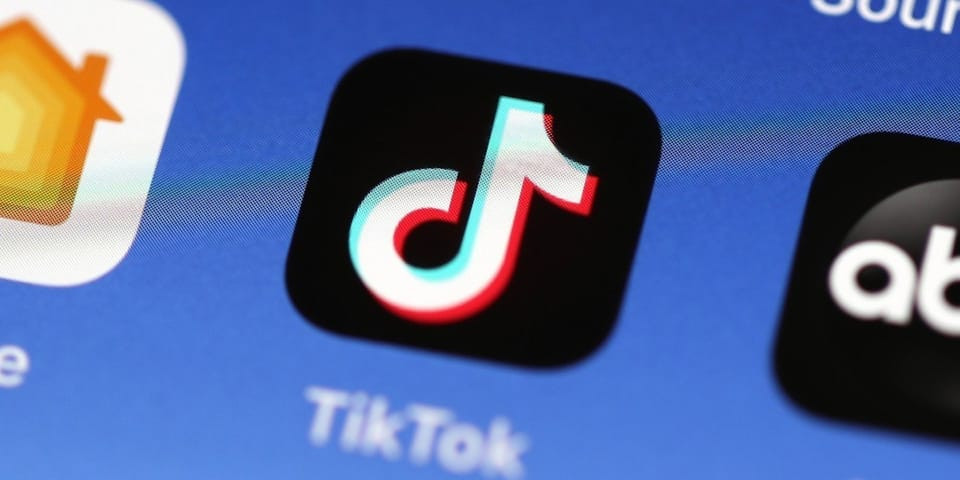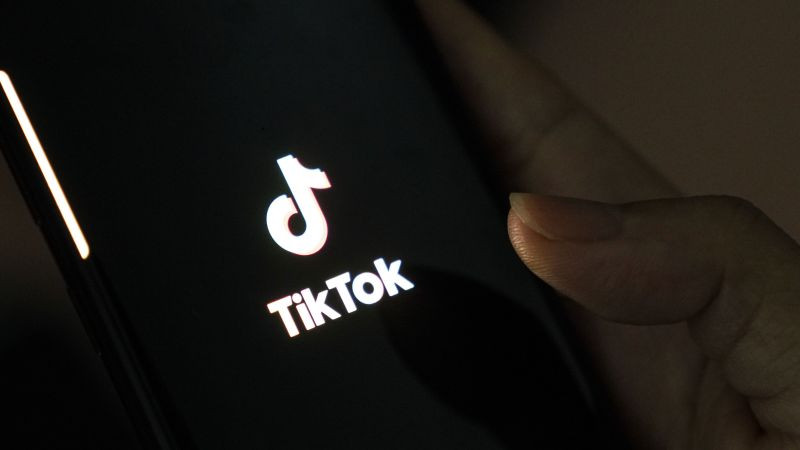TikTok's Impending US Ban and the Rise of RedNote
As the January 19th deadline for a potential US ban on TikTok looms, a surprising trend is emerging: millions of American users are migrating to RedNote, a Chinese short-form video app also known as Xiaohongshu. This mass exodus isn't just about finding a replacement platform; it's a complex interplay of political protest, user frustration, and the inherent fluidity of the digital landscape.
The Reasons Behind the RedNote Surge
The impending ban on TikTok stems from concerns over user privacy and national security, fueled by the app's Chinese ownership. ByteDance, TikTok's parent company, has refused to sell its US operations, leading to the looming ban. Existing users might still access the app, but the lack of security updates will inevitably lead to its eventual degradation.
This has created a climate of uncertainty and fear among TikTok users and creators, many of whom have built substantial careers and communities on the platform. The potential loss of access, combined with a distrust of alternative platforms like Facebook and Instagram due to their handling of user data and controversial policies, has prompted a significant portion of TikTok's user base to explore other options.
RedNote, initially conceived as a shopping platform in 2013, has evolved into a multifaceted social media hub. Often compared to Instagram or Pinterest, it has gained immense popularity in China, mirroring TikTok's trajectory in the US. Its short-form video features, coupled with its community-driven nature, have made it an attractive alternative for many TikTok refugees.
The Role of Protest
Beyond the practical need for an alternative, the shift towards RedNote carries a strong element of political protest. Many users see their migration as a form of rebellion against what they perceive as an overreach by the US government. The friendly interactions between Chinese and American users on RedNote underscore this aspect, turning the app into a space for cross-cultural dialogue and shared resistance.
Comparing RedNote to Other Alternatives
While US-based platforms like Facebook, Instagram, and YouTube Shorts exist, they haven't captured the same cultural zeitgeist as TikTok. Younger users, especially those who identify as progressive, are less likely to embrace Facebook and Instagram given Meta's controversial moderation policies and CEO Mark Zuckerberg's involvement in culture wars. YouTube Shorts, while developing its unique identity, is poised to integrate generative AI, potentially flooding the platform with AI-generated content.
RedNote, however, presents a different paradigm. Its organic growth, distinct features, and active community offer a fresh alternative. It is important to note though that RedNote's dominance is not guaranteed, as user loyalty to specific platforms can be remarkably tenacious. The online landscape is dynamic, and even a popular app like RedNote will still have to earn the loyalty of its new users.
RedNote's Unexpected Success Story
RedNote's recent surge in popularity is a compelling case study in the unpredictable nature of internet culture. Its rise highlights the interconnectedness of global events, technological disruption, and user agency in shaping the digital landscape. The app's layout, similar to Pinterest, combined with its short-form video capabilities, has provided an unexpectedly compelling home for former TikTok users in a time of digital uncertainty. However, RedNote's long-term success will hinge on its ability to retain users, especially if the US government starts implementing stricter data policies or security measures.
The Uncertain Future of Social Media
The situation with TikTok and RedNote underscores the ever-changing landscape of social media. While RedNote has experienced a massive influx of users, the overall future of digital platforms remains uncertain, and it highlights the precarious balance between user preferences and government regulations. The evolving relationship between the US and China, and the constant tension between national security and the free flow of information, will undoubtedly continue to shape the future of social media. Will alternative platforms manage to supplant TikTok's dominance? Only time will tell.
A New Chapter: Navigating the Digital Exodus
The unexpected migration to RedNote reflects more than just a change in social media platforms; it's a societal shift. It's a commentary on the evolving relationship between technology, politics, and the ever-growing demand for community and connection. The long-term implications of this mass exodus, both for the users and the platforms themselves, remain to be seen. The current situation is a powerful reminder of the dynamic and ever-shifting nature of online communities, and a testament to the resilience and adaptability of internet users worldwide. The story of RedNote's rise highlights how quickly trends can change in the ever-evolving digital landscape. The future remains unwritten.


















